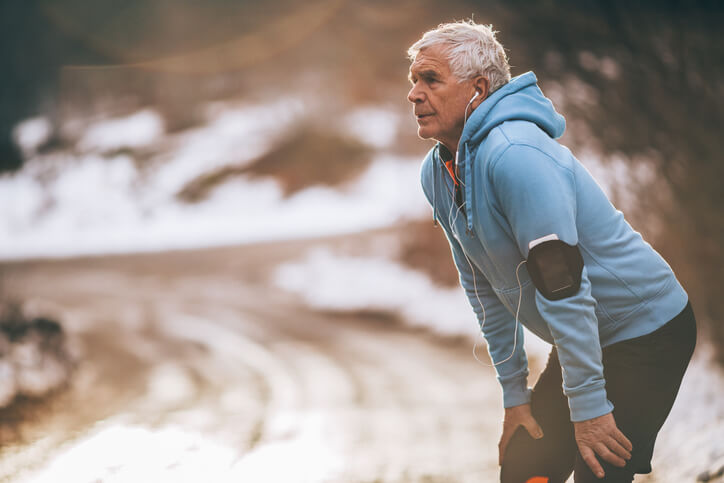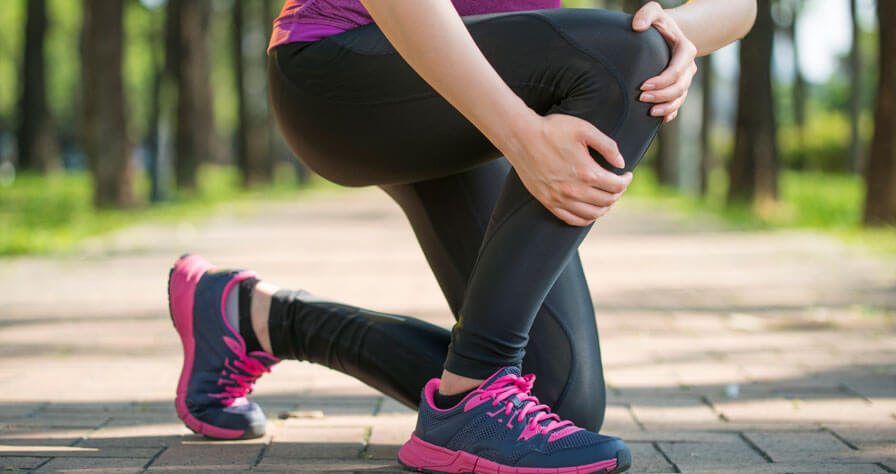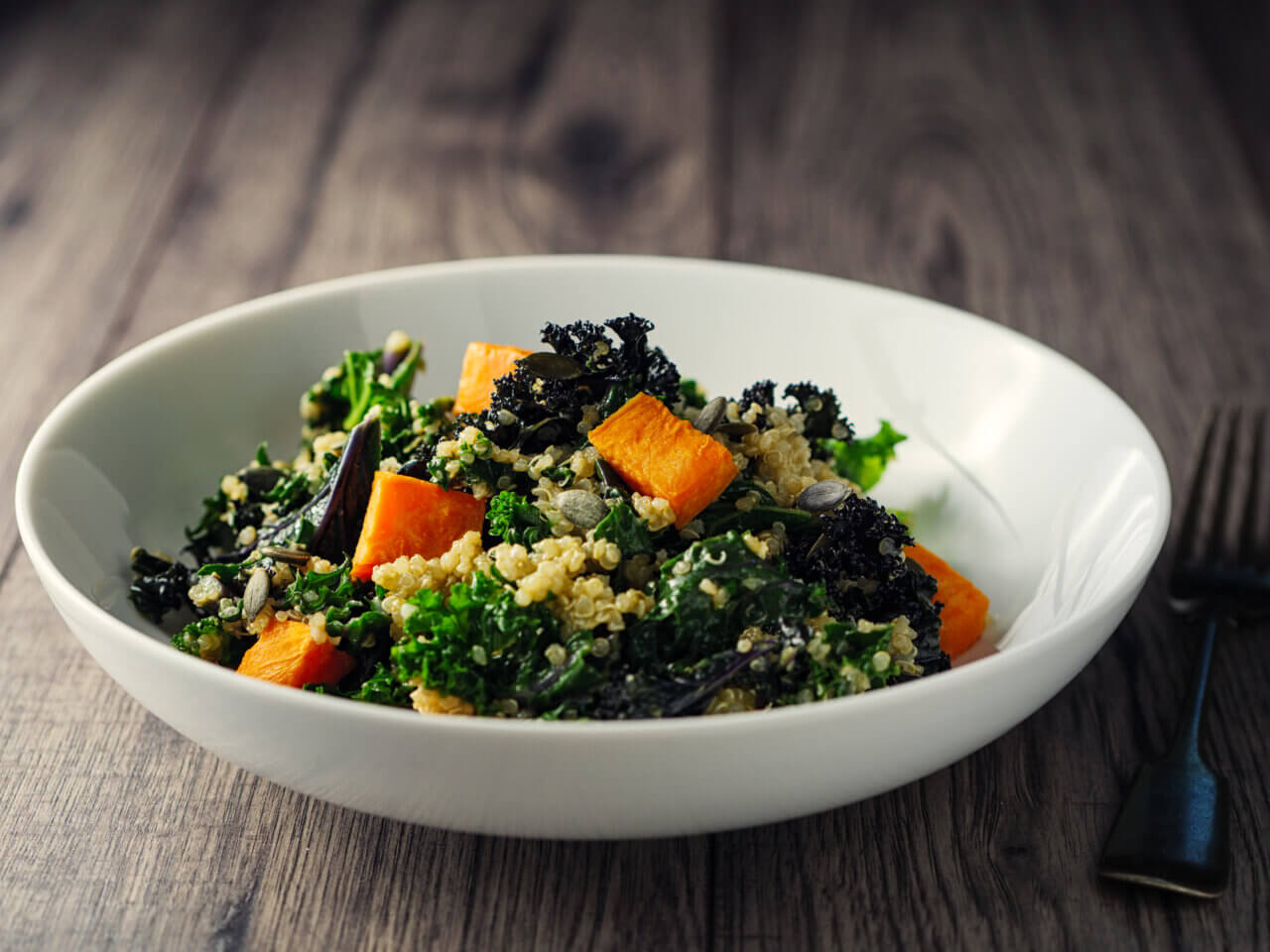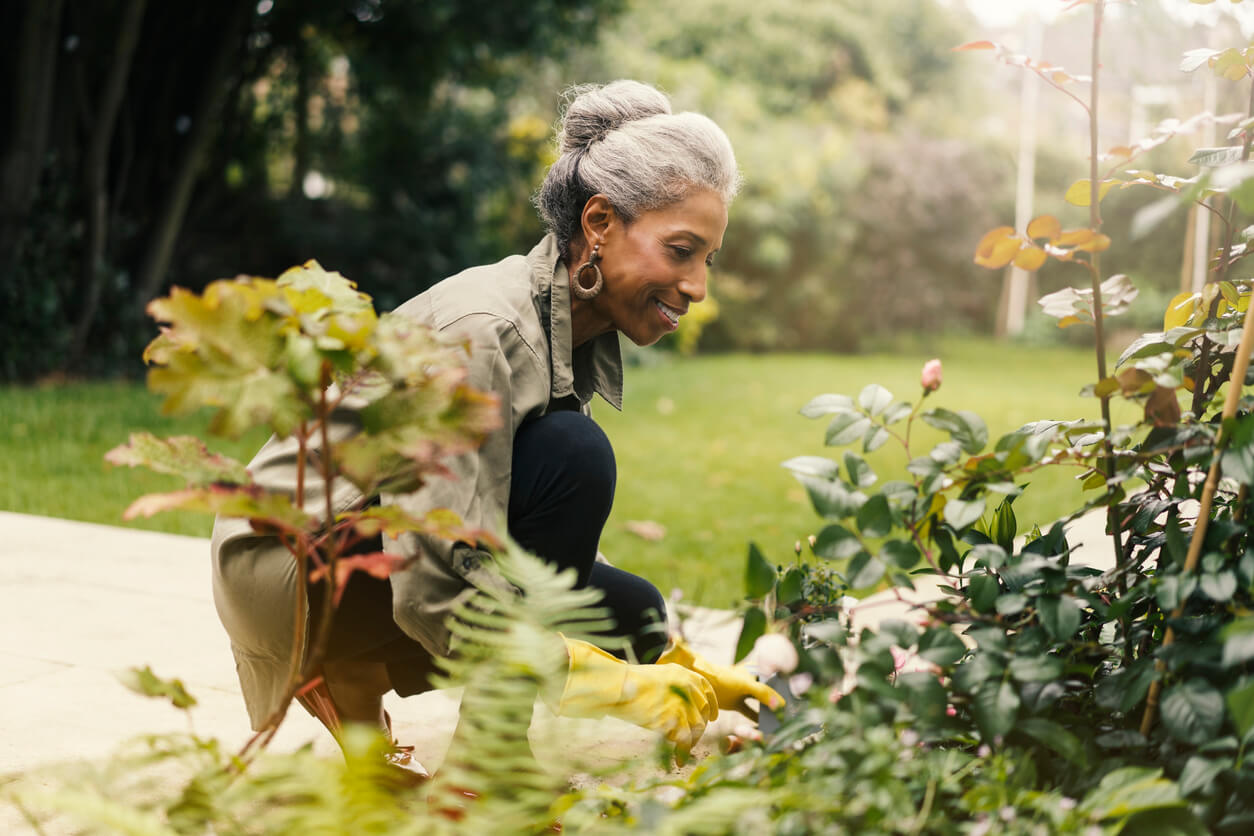Prevent Cold Weather Joint Pain

Many people suffer from joint pain when the weather gets colder. The reason may be atmospheric pressure. Located in our joints are a lot of sensory nerves, which are extremely sensitive to any changes in pressure. Cold weather will cause the linings of your joints to constrict, causing pain and discomfort. Cold weather also restricts blood flow through your body, which can cause more inflammation.
Whether your aches are sparked by the weather or something else, these five steps can help you feel better:
- Eat a healthy diet. Load up on foods rich in omega-3 fatty acids (such as salmon and nuts) to curb inflammation, Vitamin K (leafy greens such as spinach, kale, and cabbage) for their pain-soothing properties and Vitamin C (such as oranges, sweet red peppers, and tomatoes) to halt cartilage loss. Avoid foods high in omega-6 fatty acids, such as corn oil, which may trigger painful inflammation.
- Take supplements. Look into glucosamine sulfate and chondroitin supplements, and get plenty of vitamin D3 (the kind your body manufactures from sunlight). Talk to your doctor before taking any supplements.
- Exercise inside. One reason cold weather is linked to joint pain is people are less likely to work out when it’s chilly and damp. Being a couch potato is bad news for your joints because exercise helps lubricate them to prevent pain. Too cold out? Bring your workout indoors. Choose low-impact aerobic moves that are easy on joints, such as walking and yoga or tai chi, which enhance your range of motion. Lifting weights can also help because it builds joint-supporting muscles.
- Dress in layers. When it’s cold outside, keep yourself warm by wearing gloves and adding layers over your knees and legs. Invest in high-quality thermal underwear, fleece layers, and down outerwear. To protect your joints from further damage, wear solid, supportive shoes with good treads and avoid icy surfaces.
- Enjoy warm water. Swimming in a heated pool is both great exercise and soothing to joints. You can also get relief from warm baths.
Wondering what your knee and hip pain means? Or what you can do to alleviate that pain? Take this knee and hip assessment to find out how well your joints are functioning and how joint pain affects your quality of life.



